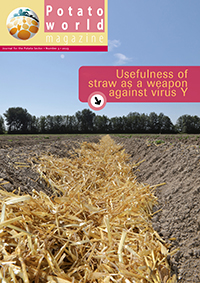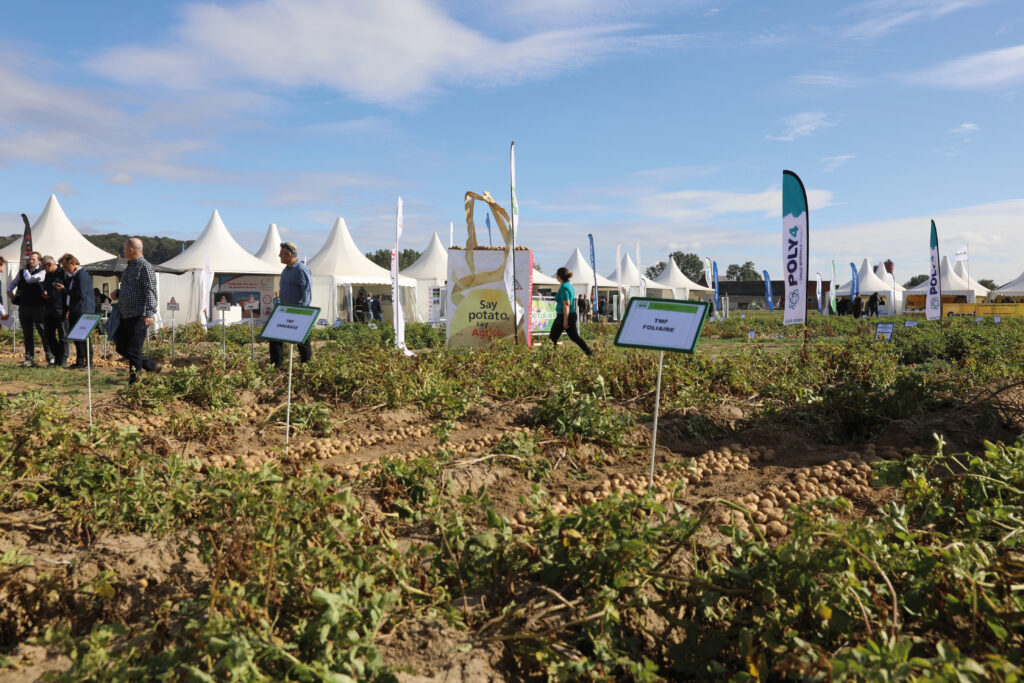Already a subscriber? Activate your premium account

Potatoworld Magazine

The potato event season has started in Europe. Every autumn events like Potato Europe, the Polish potato days are taking place and companies show their potato fields and the results of this season. Most of these events do have demonstration trials or demo’s. In these trials new methods, crop protection products, varieties and fertilizers are demonstrated. When the press reports about these events, the results of these demonstrations are often presented as a fact and farfetched conclusions are drawn from these demonstration trials. As a scientist I have some problems with this way of working and I‘ll try to explain why.
Methodological there is only one reason to use demonstration fields. Demo’s demonstrate proven techniques and treatments. That’s why they are called demonstration experiments or trials. And when everything is correct these demo’s do give similar results as earlier scientific experiments which are extensively described in scientific literature.
When everything is correct, because often this is not the case. In experiments designed according to scientific standards a maximum effort is put into the experiment to reduce coincidence and to make sure that the results observed can be attributed to the treatments or the inputs applied. In a fertilizer trial for example you want to be sure that higher yields can be attributed to better fertilization and you don’t want that the best object with the highest yields are on that corner of the field with the best soil structure. This coincidence can for a large part be ruled out by including sufficient repetitions in an experiment and by distributing treatments randomly over a trial field. The next step is drawing conclusions based on statistically valid methods. Demo’s usually do not meet these requirements and therefore results from such an experiment are not very reliable.

Demo’s are often part of agricultural shows or organized by companies to promote a new product of a new crop cultivar. In the case of shows and events one often sees that there is insufficient time and resources to set up extensive experiments. In the case of companies demo’s there is an interest to show the new product as favorable as possible. It will not always happen on purpose, but for an open day or a field day one often tends to give some extra attention to the demonstration field and thereby consciously or unconsciously influence the results and make them less reliable.
As a farmer you may run into the same problems when you try something news on your field. Because of the choice of location, extra attention and effort, and the way you look at this field, there is the danger that you will draw conclusions that will not keep up in the long run.
How should we deal with this problem, shouldn’t we use demo’s anymore? I think demo’s can be still very useful but we have to be very careful how and when to use them. We have to keep in mind that when results are not supported by extensive research, they are an indication at best. And when you are searching for reliable results you have to approach the experiment in a more serious way. We will not learn anything from sloppy and incorrect results, it may even send us in the wrong direction. ●
Dr. Ir. Peter Kooman
Professor Potato supply chain and sector innovation
CAH Vilentum University of Applied Sciences
p.kooman@cahvilentum.nl
Events
©2015 - 2024 Potatoworld | Webdesign and realisation COMMPRO